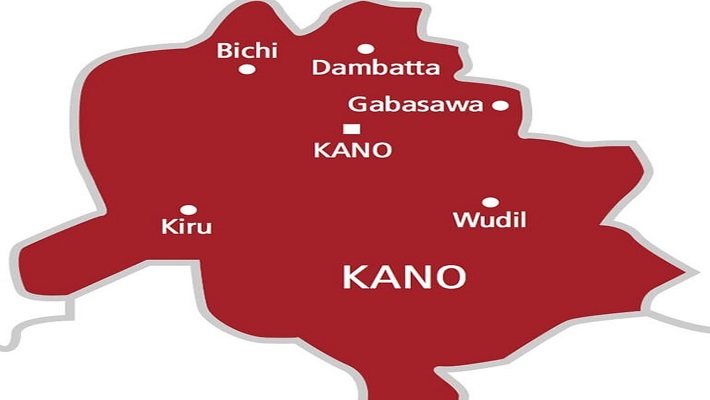Kano State, Nigeria, is making significant strides in its fight against open defecation, a practice with detrimental health and environmental consequences. The state government, in collaboration with UNICEF and the Rural Water Supply and Sanitation Agency (RUWASA), is implementing a comprehensive campaign aimed at eradicating this practice and improving sanitation across its 44 local government areas (LGAs). This initiative involves not only infrastructural development but also a crucial shift in community behavior and mindset towards sanitation.
The campaign’s success is evident in the growing number of LGAs achieving Open Defecation Free (ODF) status. Fifteen LGAs have already reached this milestone, with six more – Sumaila, Tudun Wada, Doguwa, Tofa, Bunkure, and Garun Malam – on the cusp of joining the ranks. This brings the total number of LGAs actively engaged in the ODF campaign to 26, showcasing the program’s expanding reach and the state government’s commitment to widespread sanitation improvement. The government plans to officially recognize these achievements by awarding certificates of attainment to the qualifying LGAs.
RUWASA, the implementing agency under the Ministry of Rural and Urban Development, is spearheading the on-the-ground efforts. These efforts go beyond mere infrastructure provision and delve into the critical aspect of behavior change. Recognizing that sustainable sanitation requires a shift in community norms and practices, the campaign incorporates extensive community engagement, public awareness campaigns, and the distribution of educational materials. This multi-pronged approach ensures that improved sanitation practices are not only adopted but also sustained long-term.
A key element of the campaign is the distribution of essential sanitation materials, including improved latrine covers, Tippy Tap hand-washing kits, and public awareness banners. Furthermore, the provision of sustainable and accessible hygiene solutions, such as SATO toilet pans, to ODF-certified LGAs reinforces proper sanitation practices. The strategic targeting of key public spaces like motor parks, Tsangaya schools (Islamic learning centers), and marketplaces underscores the campaign’s comprehensive nature, ensuring widespread access to improved sanitation facilities.
The success of Kano State’s ODF campaign is attributed to several factors, including strong political will, robust grassroots engagement, and strategic partnerships. Governor Abba Kabir Yusuf’s unwavering support, coupled with RUWASA’s dedicated efforts and UNICEF’s technical assistance, has created a synergistic approach. The state government’s financial commitment, demonstrated through the release of counterpart funds, further strengthens the campaign’s sustainability and expansion into new areas. This collaborative framework, combining government leadership, community participation, and international expertise, provides a robust foundation for achieving the ODF goals.
Kano State’s progress in sanitation serves as a model for other states in northern Nigeria and highlights the importance of integrated, community-focused approaches to tackling open defecation. The campaign’s emphasis on behavior change, alongside infrastructure development, ensures that improved sanitation practices are not only adopted but become ingrained in the community’s fabric. As Kano State continues to expand its ODF campaign, it solidifies its position as a leader in the fight against open defecation, paving the way for a healthier and more hygienic future for its citizens. The continued commitment to community engagement, education, and sustainable solutions will be crucial in sustaining these gains and achieving the ultimate goal of a completely open defecation free Kano State.














